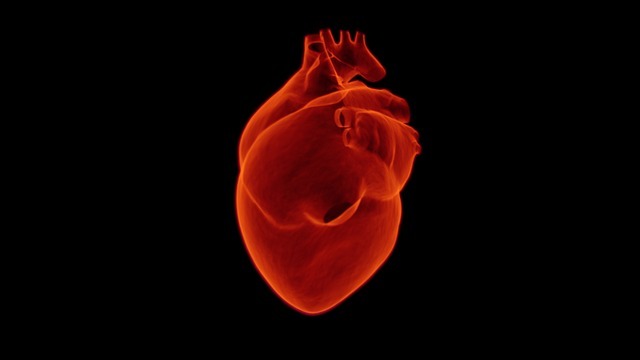
Belgium-based medical device company Miracor Medical announced that the US Food and Drug Administration (FDA) has granted Breakthrough Device designation for its PiCSO Impulse System for treatment of ST-elevated myocardial infarction (STEMI) patients.
The FDA Breakthrough Device designation will enable the company to accelerate the time to market the PiCSO Impulse System that has been recognised for its potential to benefit patients with anterior STEMI heart attacks.
PiCSO Impulse System is claimed to the first and only coronary sinus intervention designed to reduce infarct size, improve cardiac function by clearing microcirculation and potentially reduce the onset of heart failure following acute myocardial infarction.
Miracor has developed the PiCSO therapy for STEMI patients during Percutaneous Coronary Intervention (PCI)
Miracor said that its PiCSO Impulse System clears the coronary microcirculation by discontinuously obstructing the coronary sinus outflow and improves perfusion of the infarcted area of the heart.
In addition, the PiCSO Impulse System is expected to reduce the infarct size after STEMI, linked with the reduction in heart failure hospitalizations and reduced mortality.
Miracor CEO Olivier Delporte said: “The Breakthrough Designation demonstrates FDA’s continued commitment to encouraging medical device innovation to address clinical needs and improve patient care. This designation highlights the need for improving care of STEMI patients and will help Miracor accelerate the pathway in the USA.”
In July 2019, Miracor has started the PiCSO-AMI-I, a European randomized study, aimed at evaluating the PiCSO therapy, compared with conventional PCI for the treatment of anterior STEMI patients.
Studies show that 18-28% of patients experience heart failure within the first 90 days after STEMI and the one year mortality rate for STEMI is 14%, despite all improvements and widespread use of reperfusion strategies and adjuvant pharmacological therapies.
Furthermore, the Centres for Medicare & Medicaid Services (CMS) also have recognised the importance of FDA Breakthrough Device designation, in establishing an alternative reimbursement pathway for products.



